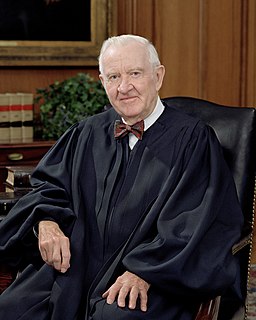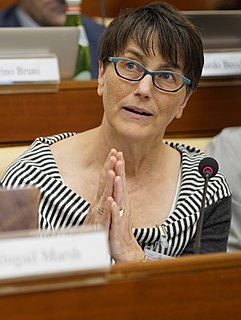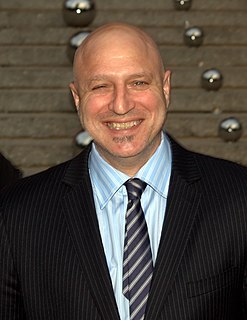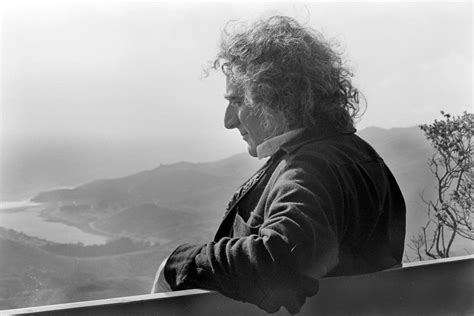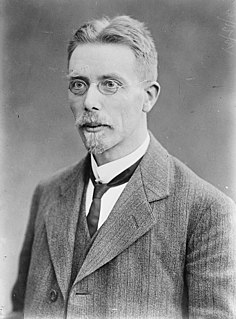A Quote by Maria Konnikova
Understanding the psychology of changing norms starts from a simple insight: although we may wish to be perfectly rational and impartial, bias is an inescapable part of what it means to be human.
Related Quotes
The model of the educational Kalila Wa-Dimna. These are books of instruction to rulers and humans. The stories unfold a range of human psychology, a vast range of human psychology. The Sultan is being moved from his narrow and bigoted position into a wider, more subtle, more nuanced understanding of human experiences.
Positivity psychology is part and parcel of psychology. Being human includes both ups and downs, opportunities and challenges. Positive psychology devotes somewhat more attention to the ups and the opportunities, whereas traditional psychology - at least historically - has paid more attention to the downs.
I don't have the slightest interest in gold. I like understanding what works and what doesn't in human systems. To me that's not optional; that's a moral obligation. If you're capable of understanding the world, you have a moral obligation to become rational. And I don't see how you become rational hoarding gold. Even if it works, you're a jerk.
One thing that you and I know is language. Another thing that you and I know is how objects behave in perceptual space. We have a whole mass of complex ways of understanding what is the nature of visual space. A proper part of psychology ought to be, and in recent years has been, an effort to try to discover the principles of how we organize visual space. I would say that the same is true of every domain of psychology, of human studies.
I am part of the sun as my eye is part of me. That I am part of the earth my feet know perfectly, and my blood is part of the sea. My soul knows that I am part of the human race, my soul is an organic part of the great human race, as my spirit is part of my nation. In my own very self, I am part of my family.
For my victory over Capablanca I am indebted primarily to my superiority in the field of psychology. Capablanca played, relying almost exclusively on his rich intuitive talent. But for the chess struggle nowadays one needs a subtle knowledge of human nature, an understanding of the opponent's psychology.

